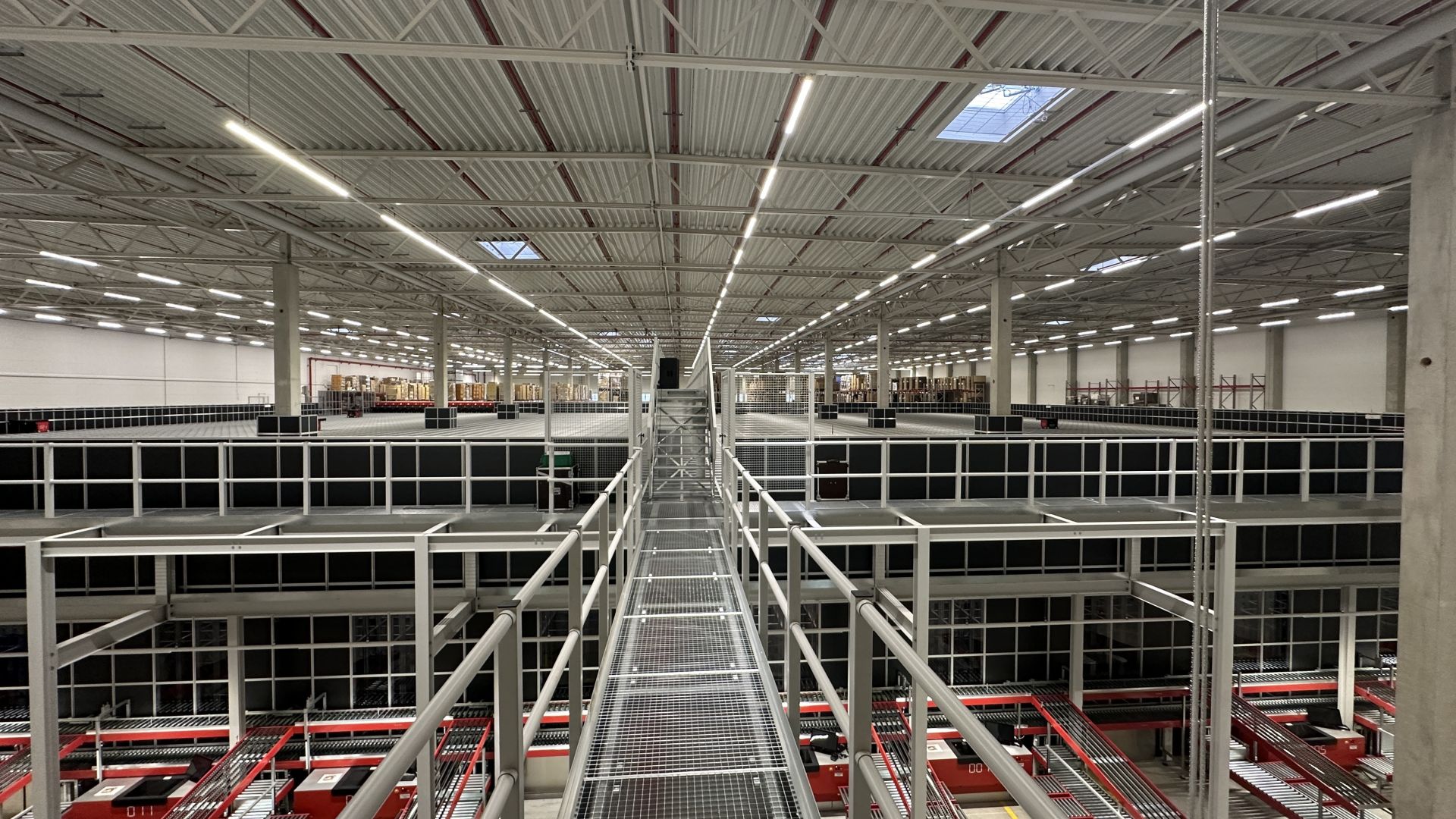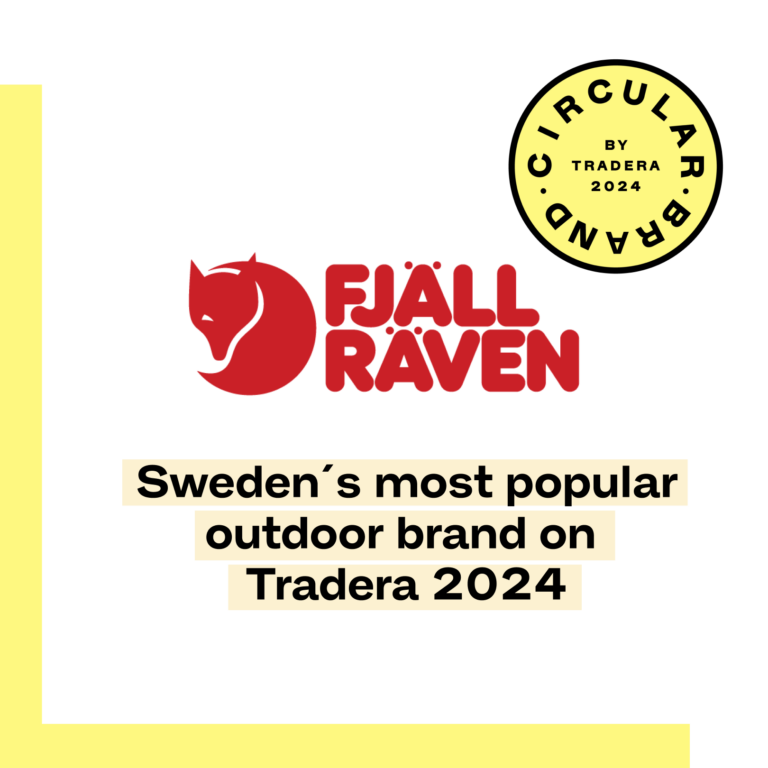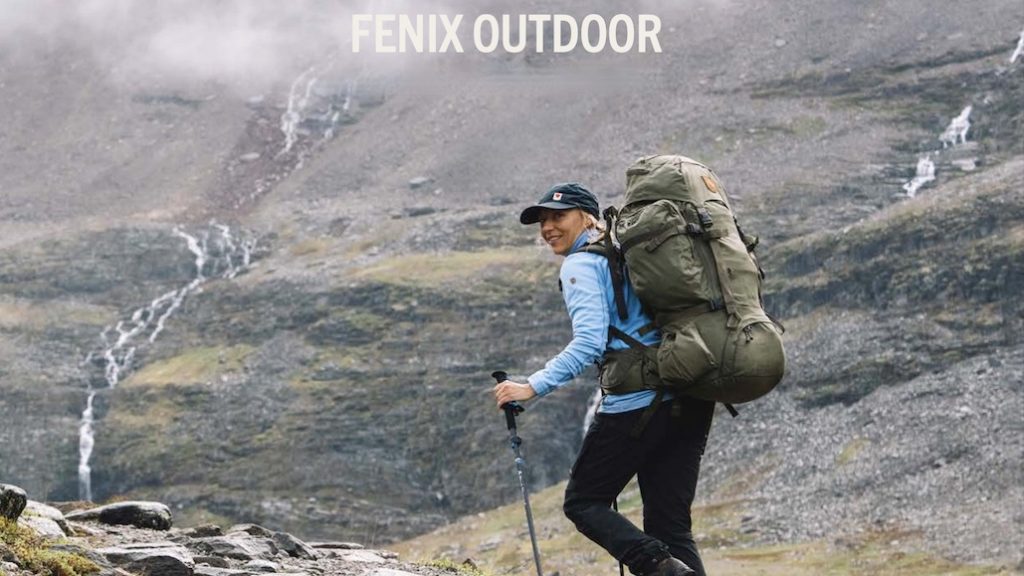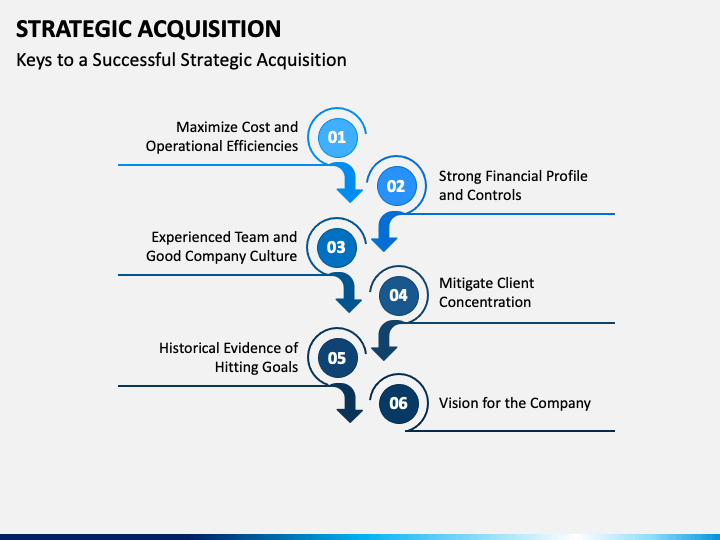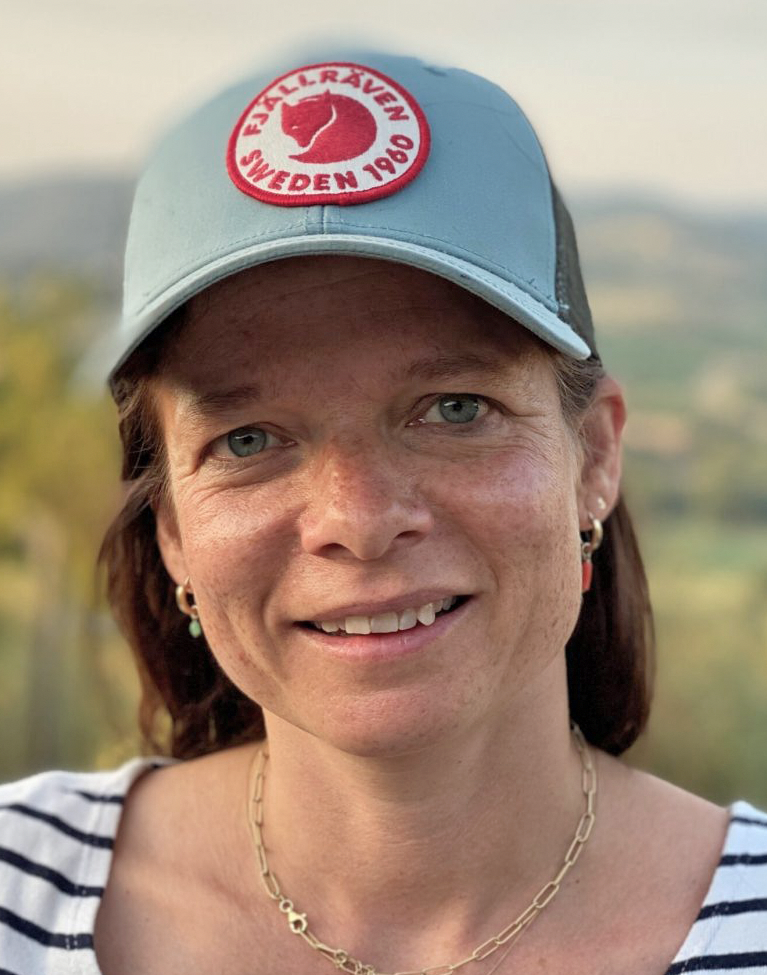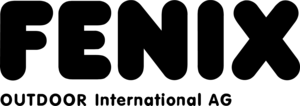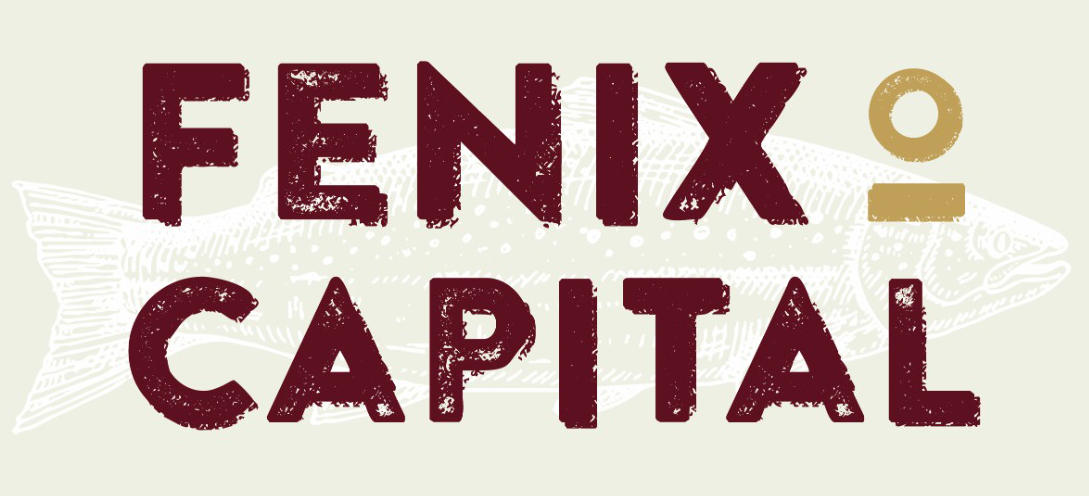Fenix Outdoor's Capital U-turn: Strategic Acquisition Of Devold

In a dramatic reversal of previously stated capital allocation strategies, Fenix Outdoor, the Swedish parent company of outdoor brands like Fjällräven and Hanwag, has announced a strategic acquisition of Devold, the Norwegian heritage brand specializing in merino wool apparel. This move, signaling a significant shift in Fenix's investment focus, has sent ripples through the outdoor industry, prompting questions about the company's long-term vision and its impact on the competitive landscape.
The acquisition of Devold represents a bold strategic realignment for Fenix Outdoor, moving away from organic growth and smaller acquisitions to embrace a larger, more established player in the performance apparel market. This deal necessitates a reassessment of Fenix's financial priorities and raises questions about how the company plans to integrate Devold's distinct brand identity and operational structure into its existing portfolio, while maintaining its commitment to sustainable and ethical practices.
The Deal Unveiled: Strategic Rationale
According to a press release issued by Fenix Outdoor, the acquisition of Devold aligns with the company's ambition to strengthen its position in the outdoor apparel sector and expand its reach into new markets. Devold's long-standing reputation for high-quality merino wool products and its commitment to sustainable sourcing were cited as key factors in the decision.
“Devold perfectly complements our existing brand portfolio," stated Martin Nygren, CEO of Fenix Outdoor, in the press release. "Their expertise in merino wool and their dedication to crafting durable, sustainable apparel aligns perfectly with our core values. This acquisition will enable us to offer our customers a wider range of high-performance outdoor clothing while strengthening our commitment to environmental responsibility."
Industry analysts, however, have offered varied perspectives on the rationale behind the acquisition. Some believe that Fenix Outdoor is seeking to diversify its product offerings and reduce its reliance on its core brands, such as Fjällräven. Others suggest that the company is aiming to capitalize on the growing demand for sustainable and ethically sourced apparel, as consumers become increasingly conscious of the environmental and social impact of their purchasing decisions.
Devold: A Legacy of Merino Wool
Founded in 1853, Devold has a rich history rooted in the Norwegian textile industry. The company pioneered the use of merino wool in outdoor apparel, developing innovative techniques for producing warm, comfortable, and durable garments. Devold's products are widely recognized for their quality and performance, making them a popular choice among outdoor enthusiasts and professionals alike.
Prior to the acquisition, Devold operated as an independent company, with a strong focus on innovation and sustainability. The brand has invested heavily in developing new technologies for processing merino wool, including methods that reduce water consumption and minimize environmental impact. Devold has also established partnerships with merino wool growers in New Zealand and Australia to ensure that its products are sourced ethically and sustainably.
Financial Implications and Integration Challenges
The financial details of the acquisition have not been fully disclosed, but industry insiders estimate the deal to be worth a significant sum, potentially impacting Fenix Outdoor's short-term profitability. Integrating Devold's operations into Fenix Outdoor's existing infrastructure will also present a number of challenges.
The two companies have different organizational structures, supply chains, and brand identities, requiring careful planning and execution to ensure a smooth transition. Maintaining Devold's brand integrity and autonomy while leveraging Fenix Outdoor's resources and expertise will be crucial for the success of the acquisition.
"The key to a successful integration will be preserving Devold's unique brand identity and allowing them to continue operating with a degree of independence," says a senior analyst at a leading investment firm specializing in the outdoor industry. "Fenix Outdoor needs to avoid imposing its own corporate culture on Devold and instead focus on providing the resources and support needed to help them grow and thrive."
The Sustainability Factor
Sustainability is a core value for both Fenix Outdoor and Devold, but the acquisition raises questions about how the company will maintain its commitment to environmental responsibility as it scales its operations. Devold's emphasis on sustainable sourcing and responsible manufacturing practices aligns well with Fenix Outdoor's own sustainability initiatives, but ensuring that these practices are maintained throughout the combined organization will be a significant challenge.
Fenix Outdoor has a long history of advocating for sustainable practices in the outdoor industry, including initiatives to reduce its carbon footprint, minimize waste, and promote ethical labor standards. The company has also invested in developing sustainable materials and technologies, such as recycled polyester and bio-based fabrics.
The integration of Devold could provide Fenix Outdoor with an opportunity to further strengthen its sustainability credentials and accelerate its progress towards its environmental goals. However, it will also require a significant investment in infrastructure, training, and monitoring to ensure that Devold's operations are aligned with Fenix Outdoor's sustainability standards.
Looking Ahead: The Future of Fenix Outdoor
The acquisition of Devold represents a significant gamble for Fenix Outdoor, but it also presents a unique opportunity to strengthen its position in the outdoor apparel market and solidify its commitment to sustainability. The success of the acquisition will depend on the company's ability to integrate Devold's operations smoothly, maintain its brand integrity, and preserve its commitment to ethical and environmental responsibility.
In the long term, the acquisition could pave the way for further consolidation in the outdoor industry, as larger companies seek to acquire smaller, more specialized brands. It remains to be seen whether other major players in the outdoor market will follow suit, but the Fenix Outdoor's move has undoubtedly set a new precedent for strategic acquisitions in the sector.
The future of Fenix Outdoor hinges on its ability to effectively manage this transformation and leverage the strengths of both its existing brands and its newly acquired asset. The outdoor industry, and its consumers, will be watching closely.
